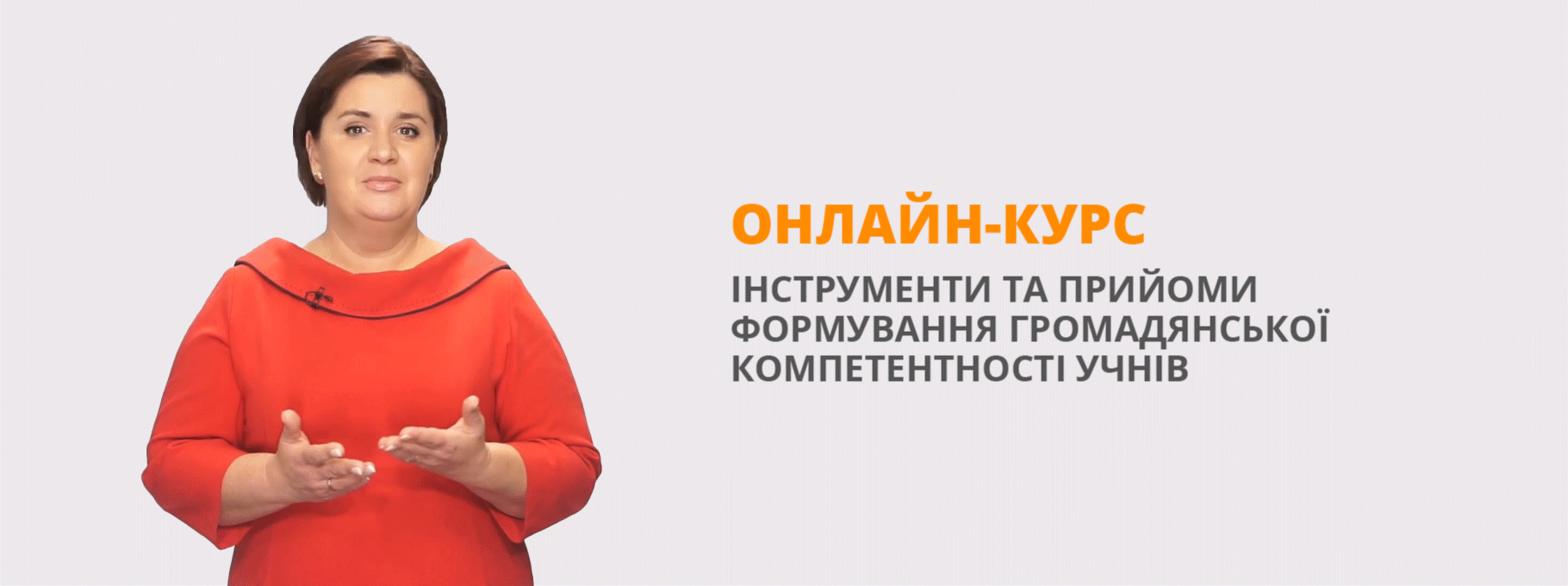Prepare 4. Unit 12
1. Read the description and cgoose the animal.
1) A large wild cat that has yellow fur with black lines on it.
1. Read the description and cgoose the animal.
2) A small, green animal with long back legs for jumping that lives in or near water.
1. Read the description and cgoose the animal.
3) A large Australian animal that moves by jumping on its back legs.
1. Read the description and cgoose the animal.
4) A small animal like a mouse with wings that flies at night.
1. Read the description and cgoose the animal.
5) An animal like a small horse with long ears.
1. Read the description and cgoose the animal.
6) A small, black or red insect that lives in groups on the ground.
1. Read the description and cgoose the animal.
7) A long, thin creature with no legs that slides along the ground.
1. Read the description and cgoose the animal.
8) A yellow and black flying insect which makes honey and can sting you.
2. Complete the sentences with definitely, definitely not or perhaps.
1) It’s brown and it’s got a long neck so it’s _____ a giraffe.
2. Complete the sentences with definitely, definitely not or perhaps.
2) My sister’s eating a pizza. _____ she’s hungry.
2. Complete the sentences with definitely, definitely not or perhaps.
3) This small red insect is _____ an ant or maybe it’s a fly.
2. Complete the sentences with definitely, definitely not or perhaps.
4) I’m _____ going to school tomorrow. It’s closed!
2. Complete the sentences with definitely, definitely not or perhaps.
5) The doctor says _____ my elbow is broken or maybe it’s just injured badly. Either way I need to go to hospital.
2. Complete the sentences with definitely, definitely not or perhaps.
6) I’ve got enough pairs of trainers. I’m _____ going to buy any more.
2. Complete the sentences with definitely, definitely not or perhaps.
7) It’s raining heavily. Maybe we should go the cinema or _____ get together at my house.
2. Complete the sentences with definitely, definitely not or perhaps.
8) As I want to be a doctor, I’ll have to get a degree so I’m _____ going to university.
3. Complete the sentences with words.
1) Everybody’s wearing a jumper today. It _____ cold.
3. Complete the sentences with words.
2) I’ve got a cough, a sore throat and a headache. I _____ a cold.
3. Complete the sentences with words.
3) That boy has given his dad a present. It _____ his birthday or perhaps he’s saying ‘Thank you’.
3. Complete the sentences with words.
4) You’ve been swimming, played a match and run to the shops. You _____ tired.
3. Complete the sentences with words.
5) My sister is laughing loudly. She _____ a headache.
3. Complete the sentences with words.
6) Nobody lives in that house. It hasn’t got any windows. You _____ there.
3. Complete the sentences with words.
7) My teacher is opening the door of that house with some keys. He _____ there.
3. Complete the sentences with words.
8) That boy isn’t eating anything. He _____ hungry.
4. Complete the second sentence so that it means the same as the first sentence. Use must, can’t and might.
1) Perhaps his arm is broken. He can’t move it.
His arm _____ broken. He can’t move it.
4. Complete the second sentence so that it means the same as the first sentence. Use must, can’t and might.
2) John’s hasn’t come to school today. I’m sure he’s ill.
John hasn’t come to school today. He _____ ill.
4. Complete the second sentence so that it means the same as the first sentence. Use must, can’t and might.
3) Of course you know my sister. She’s in your class.
You _____ my sister. She’s in your class.
4. Complete the second sentence so that it means the same as the first sentence. Use must, can’t and might.
4) That animal looks like a parrot but I’m not sure.
That animal _____ a parrot.
4. Complete the second sentence so that it means the same as the first sentence. Use must, can’t and might.
5) I’m sorry. I’m certain it’s my fault. We were playing football near your car.
I’m sorry. It _____ my fault. We were playing football near your car.
4. Complete the second sentence so that it means the same as the first sentence. Use must, can’t and might.
6) I think our teacher likes playing tennis. She was holding a tennis racket yesterday.
Our teacher _____ playing tennis. She was holding a tennis racket yesterday.
4. Complete the second sentence so that it means the same as the first sentence. Use must, can’t and might.
7) This fish isn’t fresh. It smells disgusting.
This fish _____ fresh. It smells disgusting.
4. Complete the second sentence so that it means the same as the first sentence. Use must, can’t and might.
8) Your brother doesn’t drive a Ferrari. That’s impossible. He’s too young.
Your brother _____ a Ferrari. He’s too young.

Створюйте онлайн-тести
для контролю знань і залучення учнів
до активної роботи у класі та вдома

















